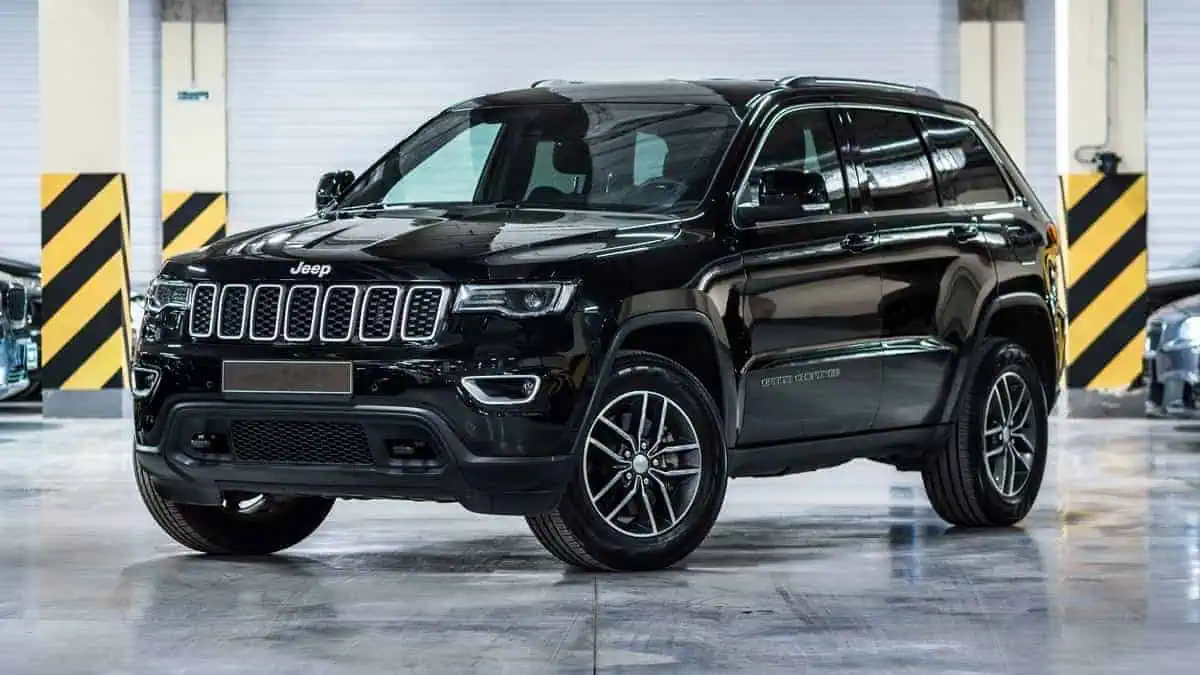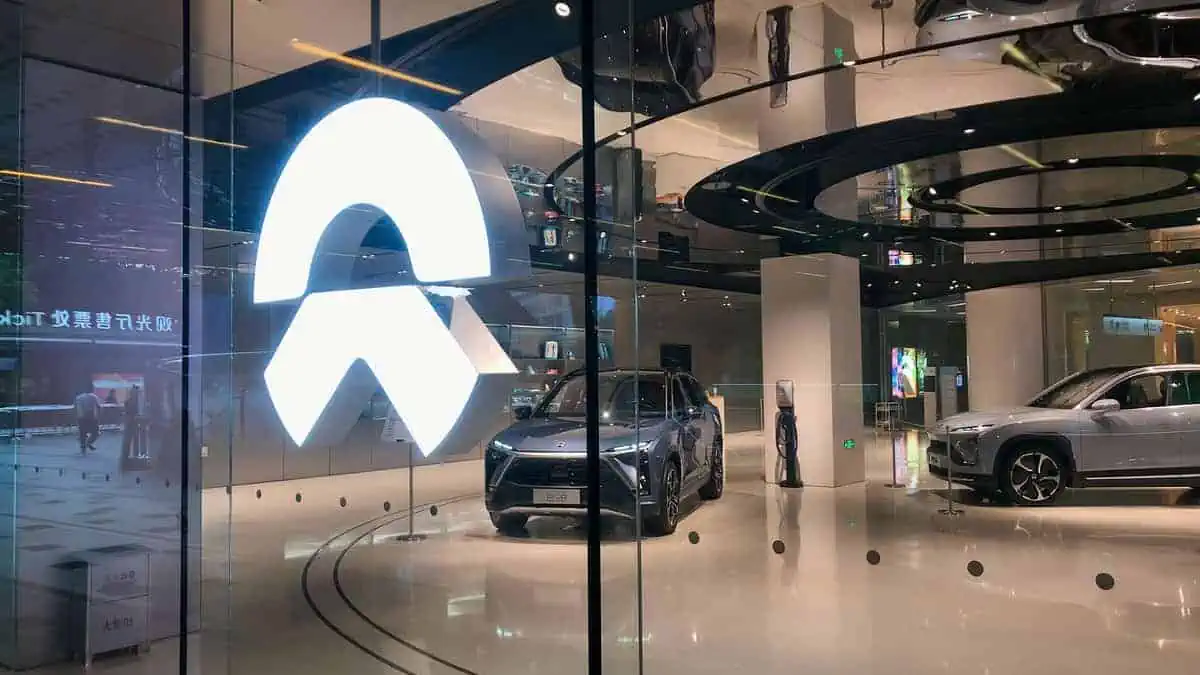Stellantis delivers a solid message to its rivals by showcasing its battery production skills in the EV industry.
The auto industry is slowly shifting from internal combustion engines to electric vehicles. As the demand for electric cars rises, numerous automakers are rushing to invest in battery production. Not only that, but they are also securing supplies of raw materials as they currently face shortages.
According to TheStreet, European automaker Stellantis, also known as the manufacturer of the well-known Jeep, Dodge, Ram, and Fiat, has recently announced its partnership with Samsung SDI on May 24 that they will be jointly investing in over $2.5 billion for an EV battery plant in Kokomo, Indiana.
The plant is said to start production in the first quarter of 2025 and will have an annual capacity of 23-gigawatt hours (GWh), with plans to increase to 33 GWh in the coming years.
As demand for Stellantis’ electric vehicles increases, the total capacity will also expand. The investment might gradually increase to $3.1 billion.
The recent announcement is seen as an aggressive electrification strategy for Stellantis as they are ramping up their EV sales. It can also be seen as a shot over its competing automakers, such as General Motors (GM), Ford, and Rivian, which committed to strengthening the electric vehicle market.
The battery plant is also crucial as there are already ongoing shortages of supplies and raw materials.
Stellantis CEO Carlos Tavares expressed his concerns over the shortage of EV batteries by 2024-2025, accompanied by a lack of raw materials for the vehicles by 2027-2028, which could affect the availability and adoption of EVs.
“The speed at which we are trying to move all together for the right reason, which is fixing the global warming issue, is so high that the supply chain and the production capacities have no time to adjust,” he told the media Tuesday via CNBC. Tavares was not the only executive that expressed his concerns over battery shortages. Volvo Cars CEO Jim Rowan also predicted the scarcity of batteries.
Last month, Rivian’s CEO also warned of a shortage of batteries. The fear of the scarcity of battery supplies may have been a factor for automakers to manufacture their own batteries. However, the problem doesn’t end here as they might also face a raw materials issue.
Most recently, Tesla CEO Elon Musk has stressed that the price of lithium has gone to insane levels and that they might get into mining as well.






